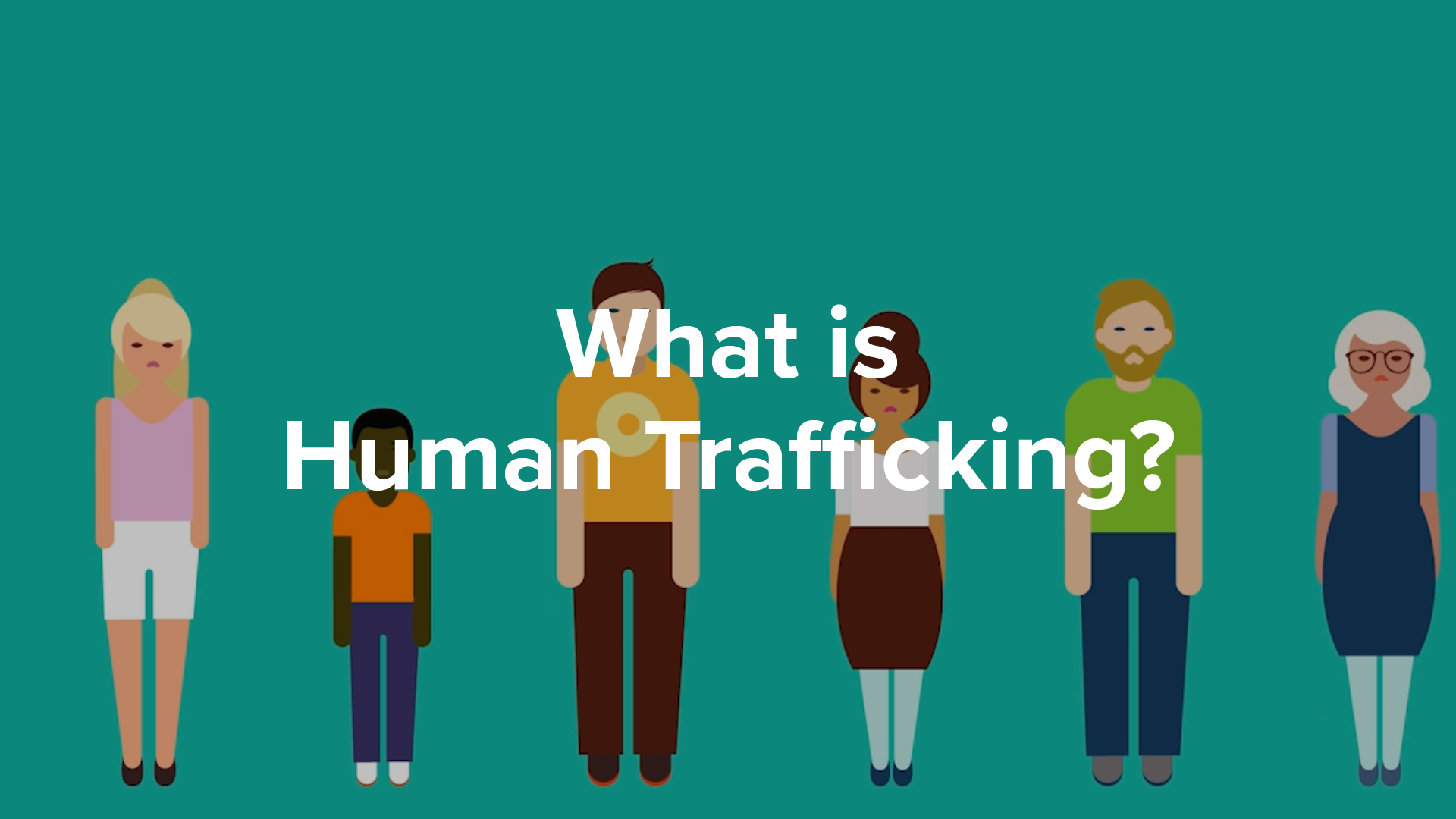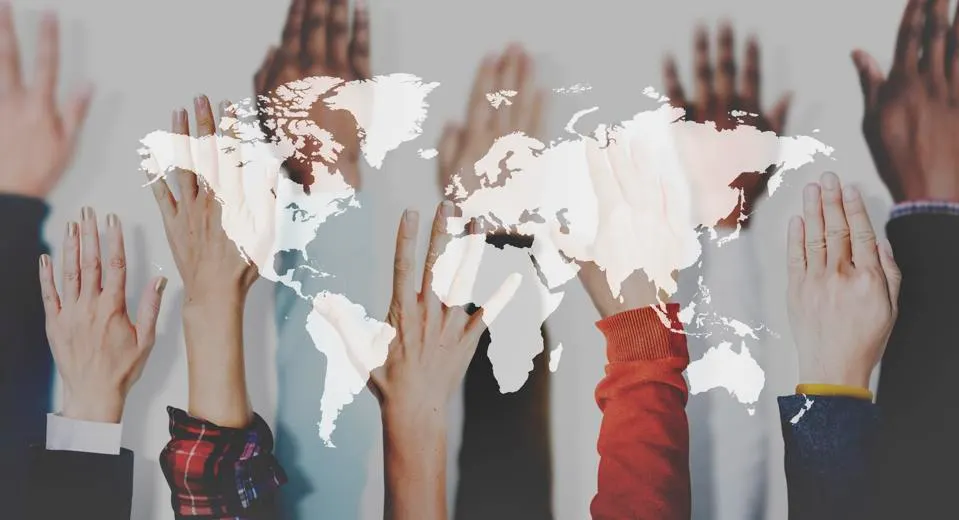The Fight Against Human Trafficking: Challenges and Solutions
Human trafficking is a serious crime that affects millions of people worldwide. It involves forcing or tricking individuals into labor or sexual exploitation. Fighting this crime is complex and requires global cooperation. Understanding the challenges and solutions can help us support efforts to end trafficking.

What Is Human Trafficking?
Human trafficking involves controlling people through force, fraud, or coercion for exploitation. Victims are often trapped in jobs with little pay or forced into sex work against their will. It violates basic human rights and causes lasting harm.
Challenges in Combating Human Trafficking
Hidden Nature
Trafficking often happens in secret, making it hard for authorities to detect and rescue victims.
Complex Networks
Traffickers operate through organized groups that cross borders, making law enforcement difficult.
Victim Vulnerability
Many victims fear retaliation or don’t trust authorities, which prevents them from seeking help.
Limited Resources
Governments and organizations may lack funds, training, or technology to fight trafficking effectively.
Solutions to Fight Human Trafficking
Stronger Laws and Enforcement
Clear laws and strict punishments can deter traffickers. Training police and judges helps improve prosecution.
Victim Support Services
Providing medical care, counseling, and legal aid helps victims recover and reintegrate into society.
Public Awareness Campaigns
Educating communities about trafficking signs and risks empowers people to report suspicious activities.
International Cooperation
Countries working together can track traffickers, share information, and protect victims across borders.
Economic Opportunities
Improving education and job access reduces vulnerability by giving people safer choices.

Final Thoughts
Human trafficking is a hidden crime with deep impacts, but through laws, support, education, and cooperation, we can fight it. Everyone has a role in raising awareness and supporting victims to help end this global problem.












